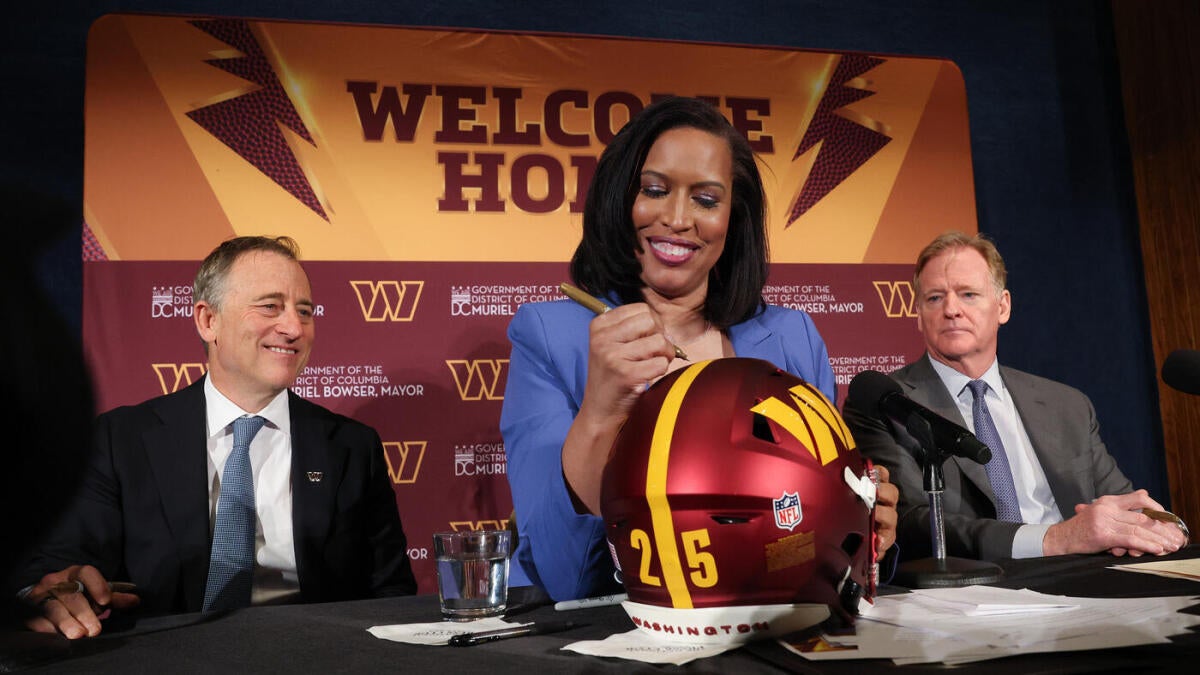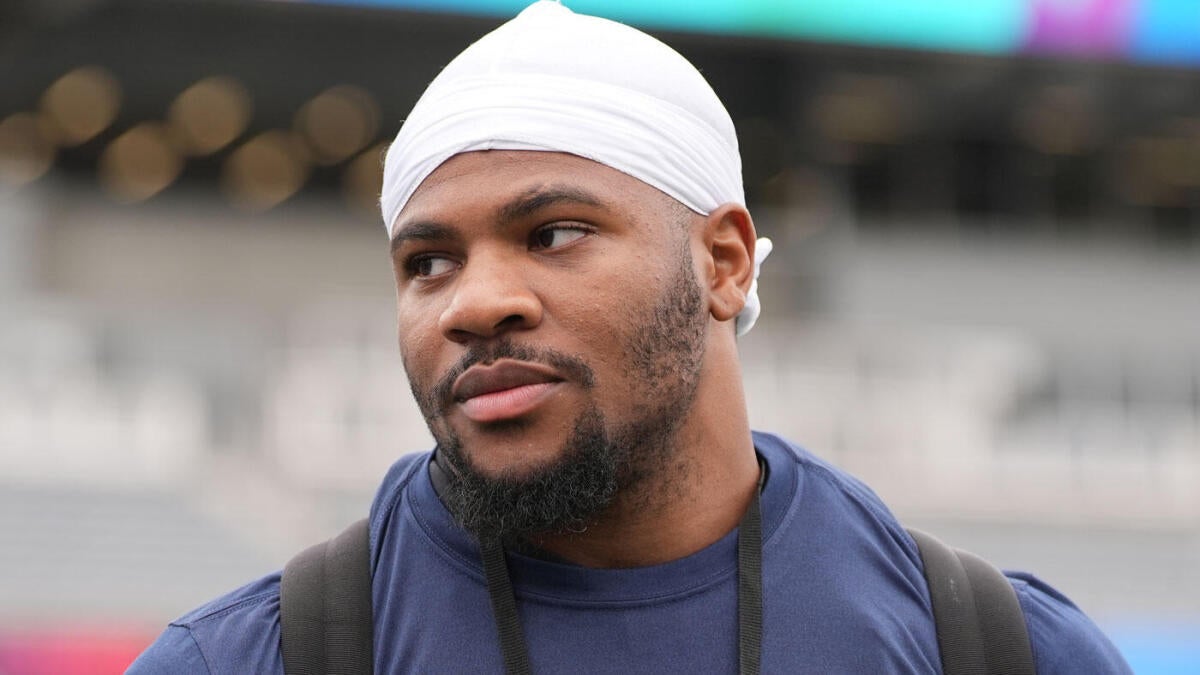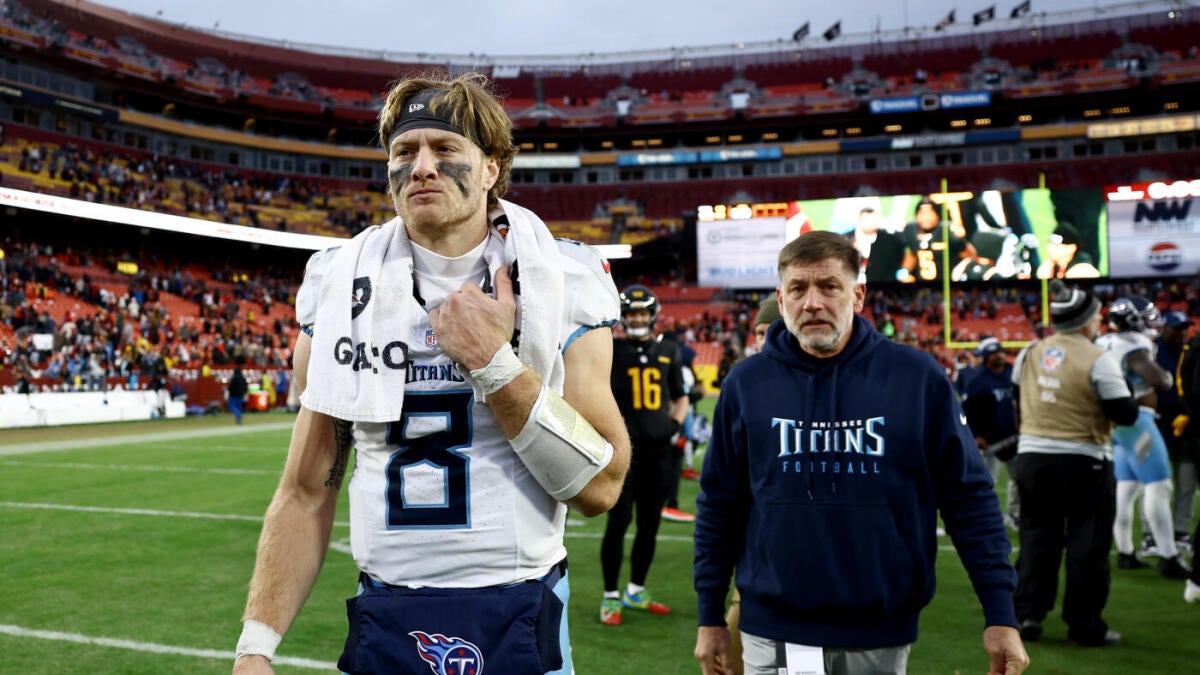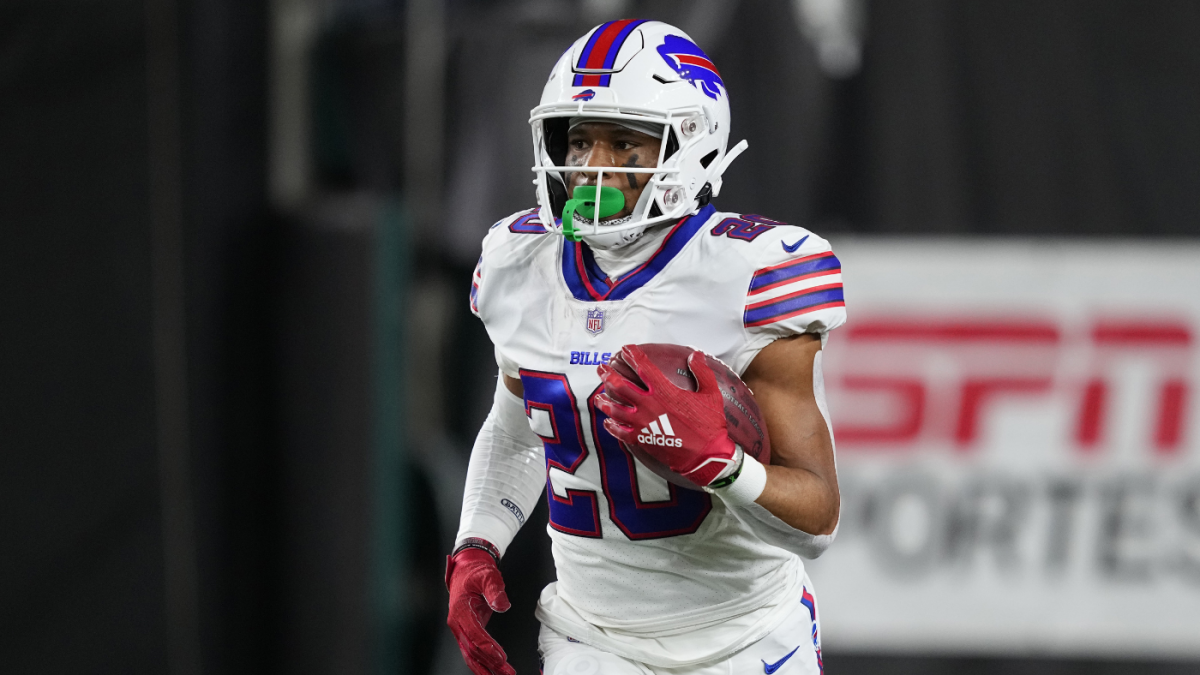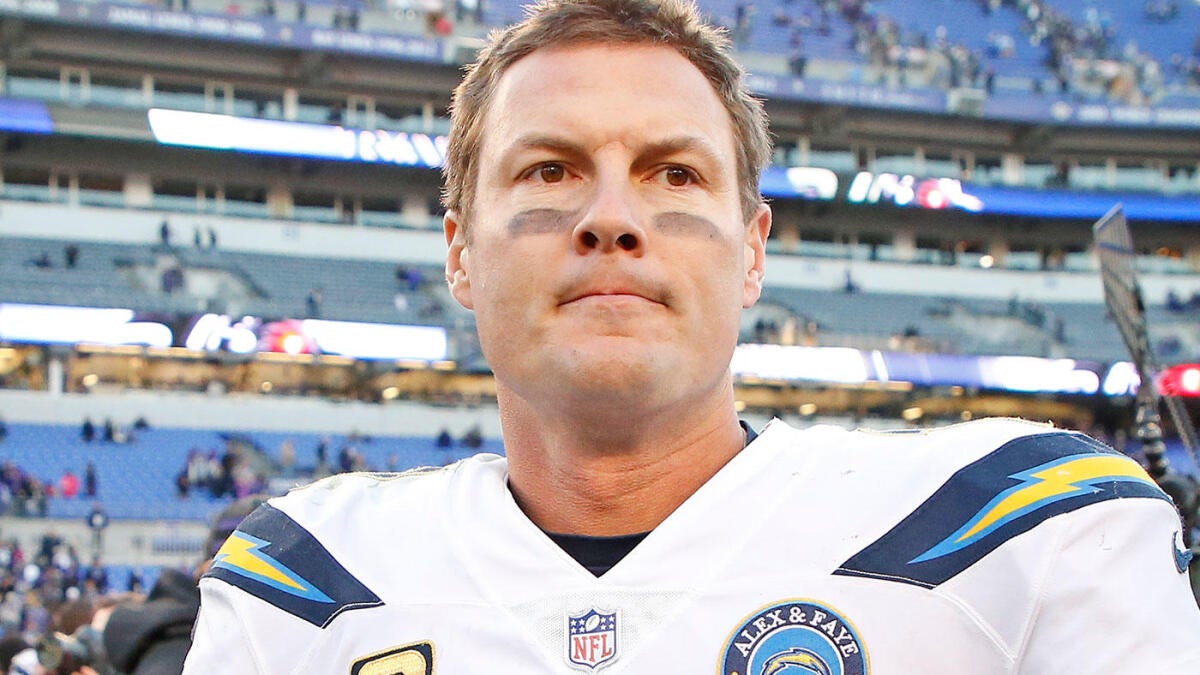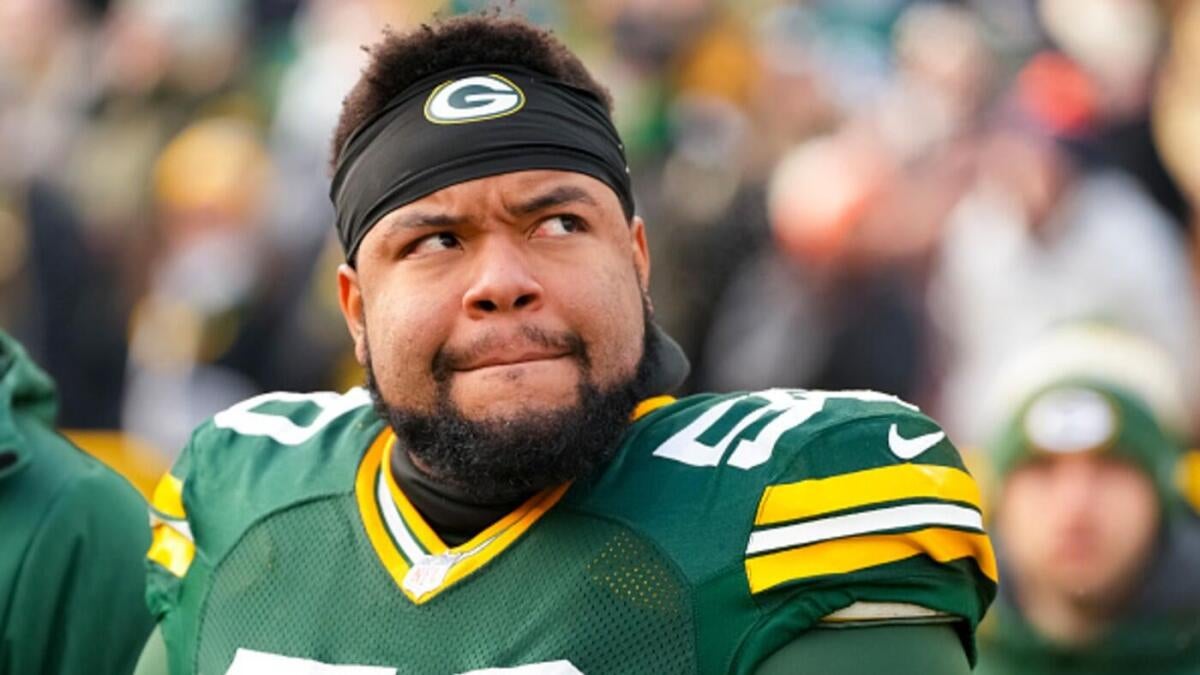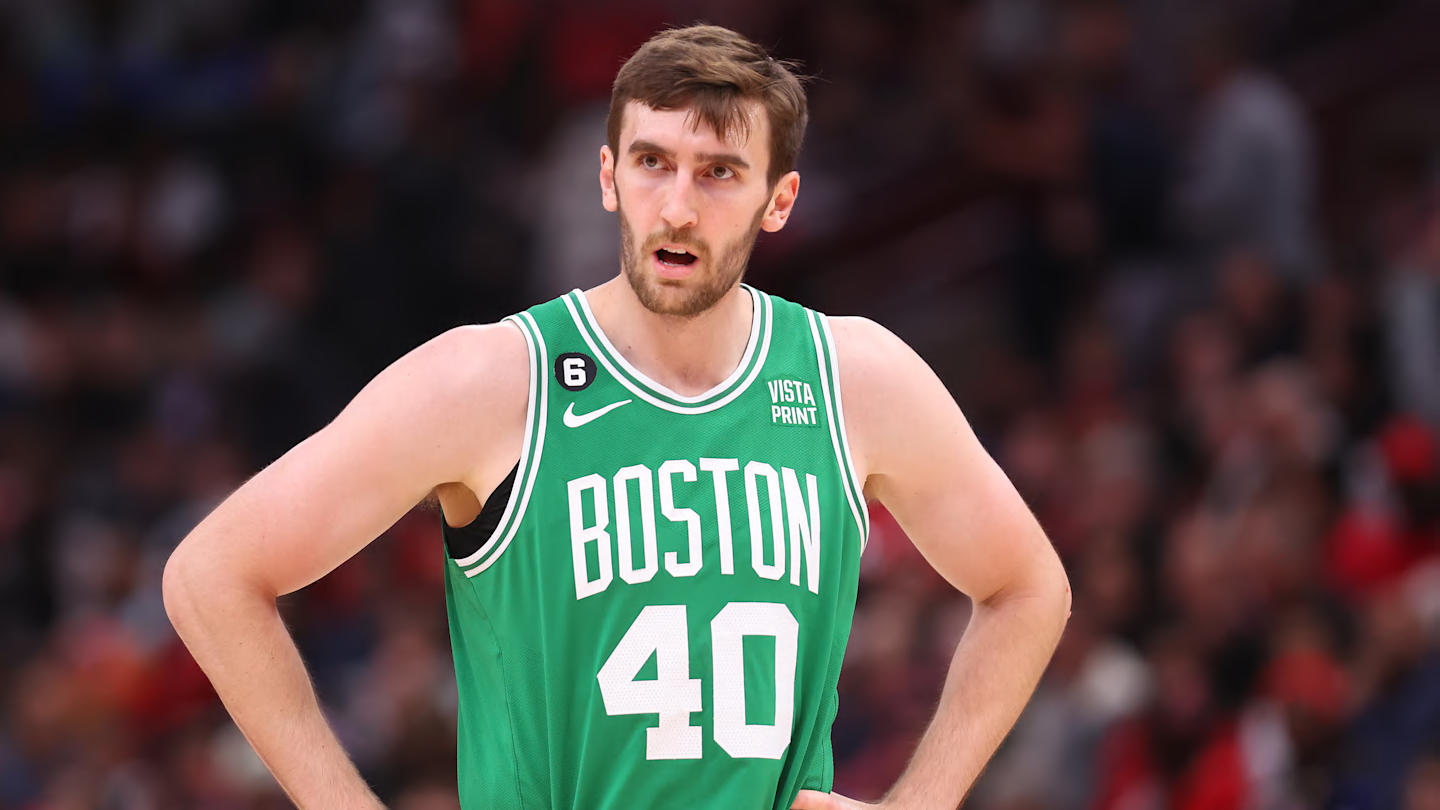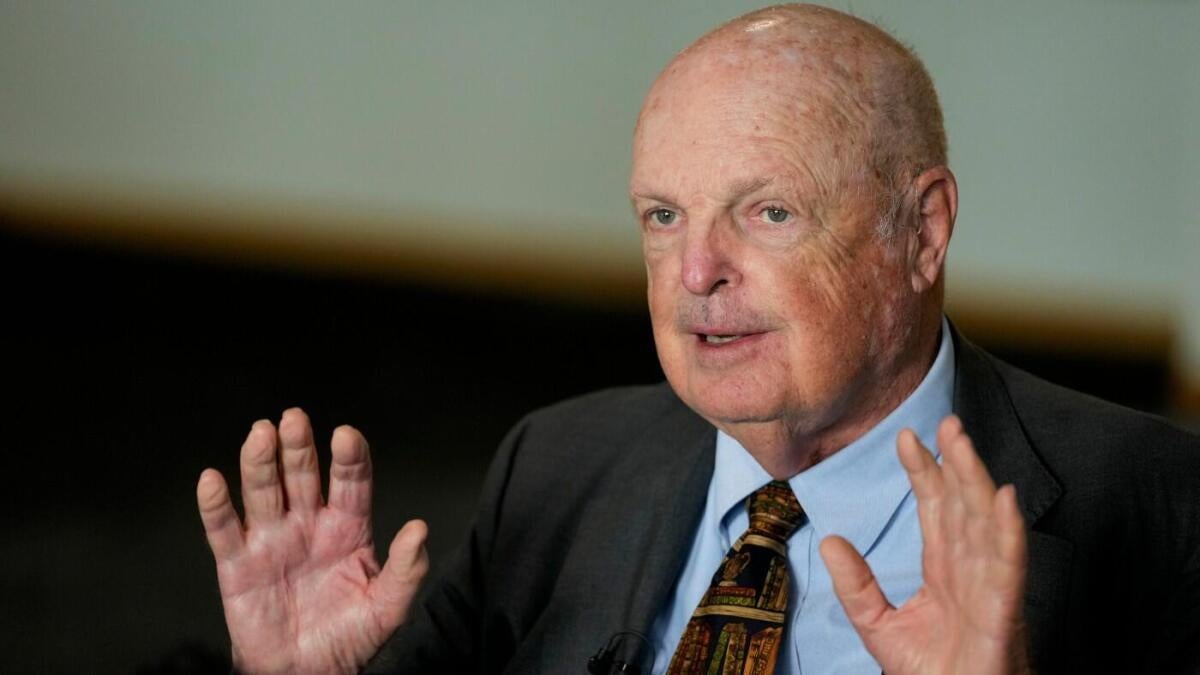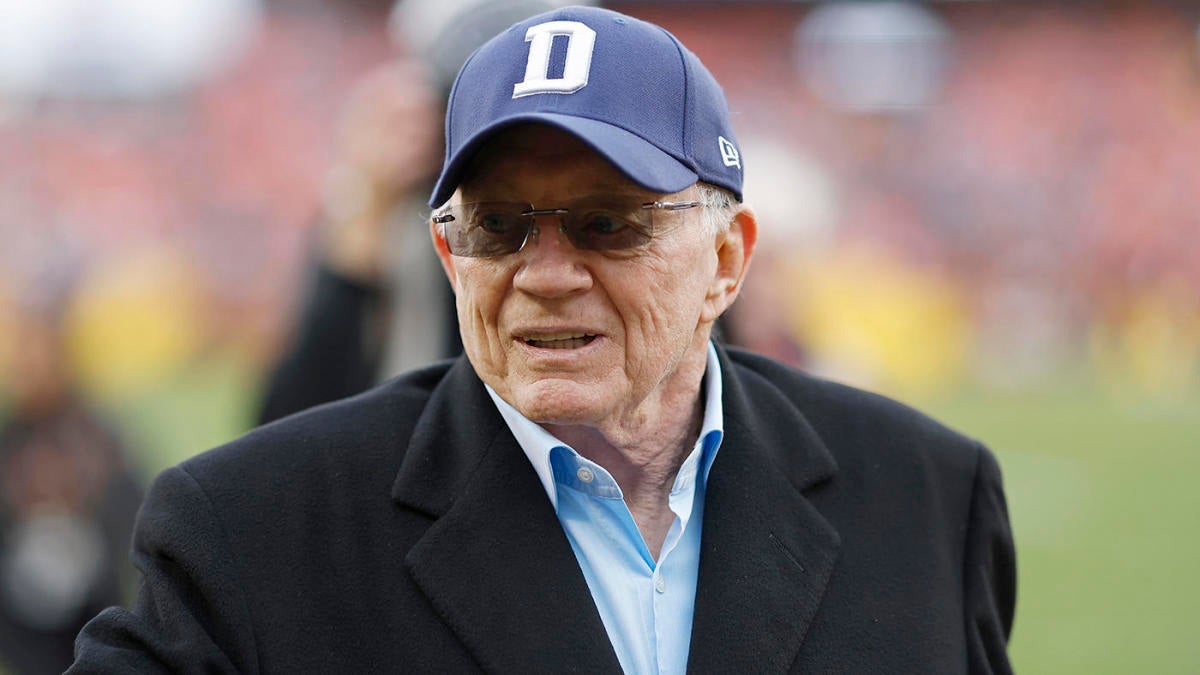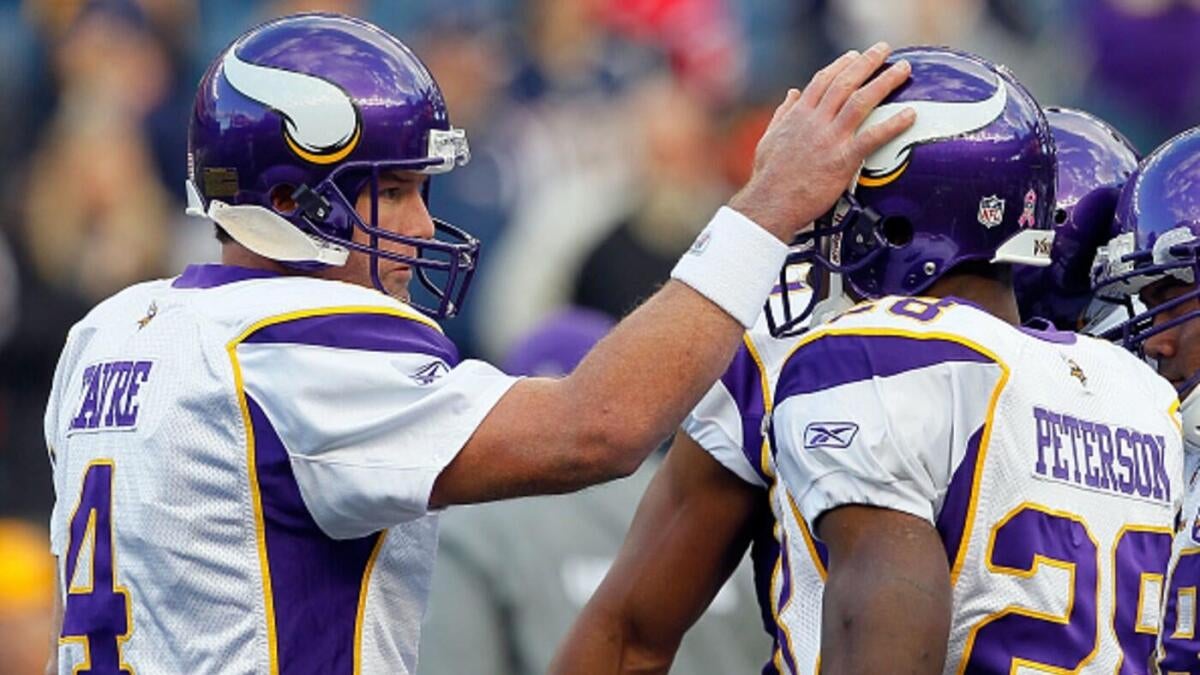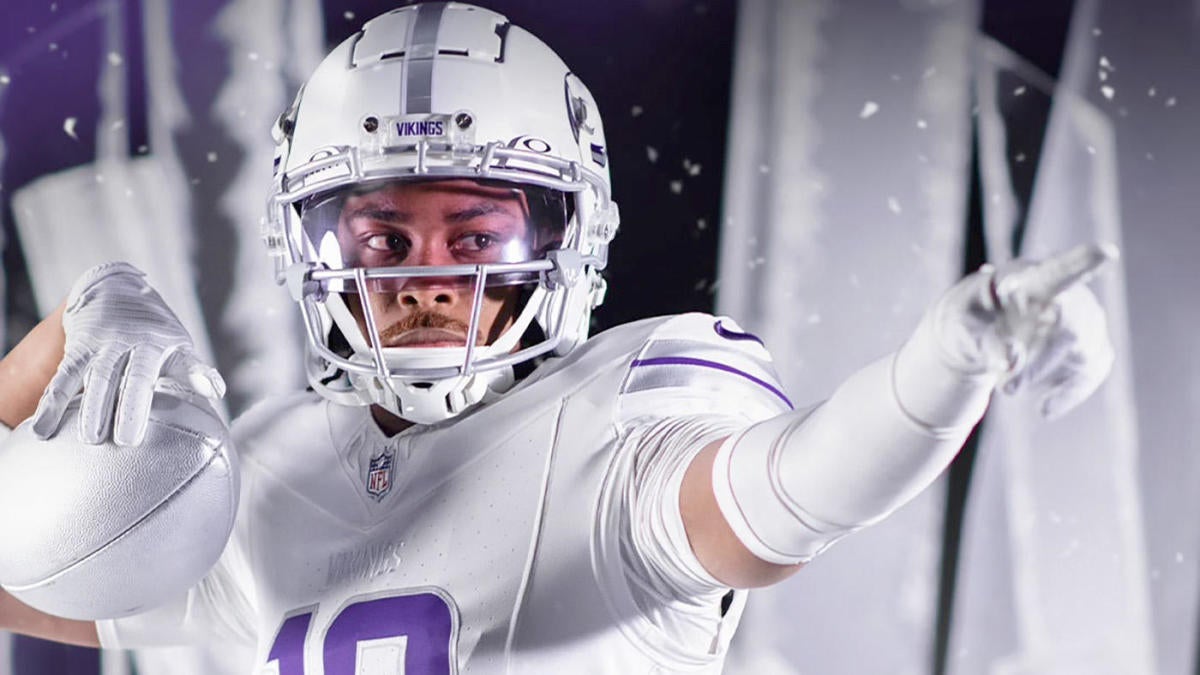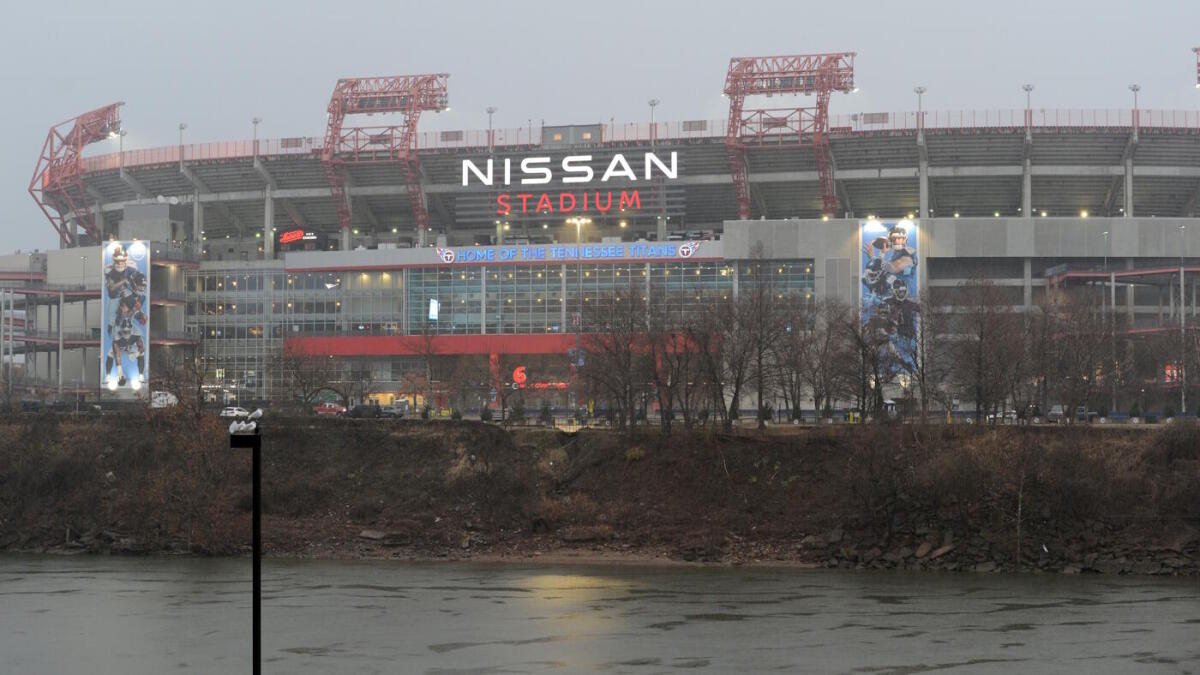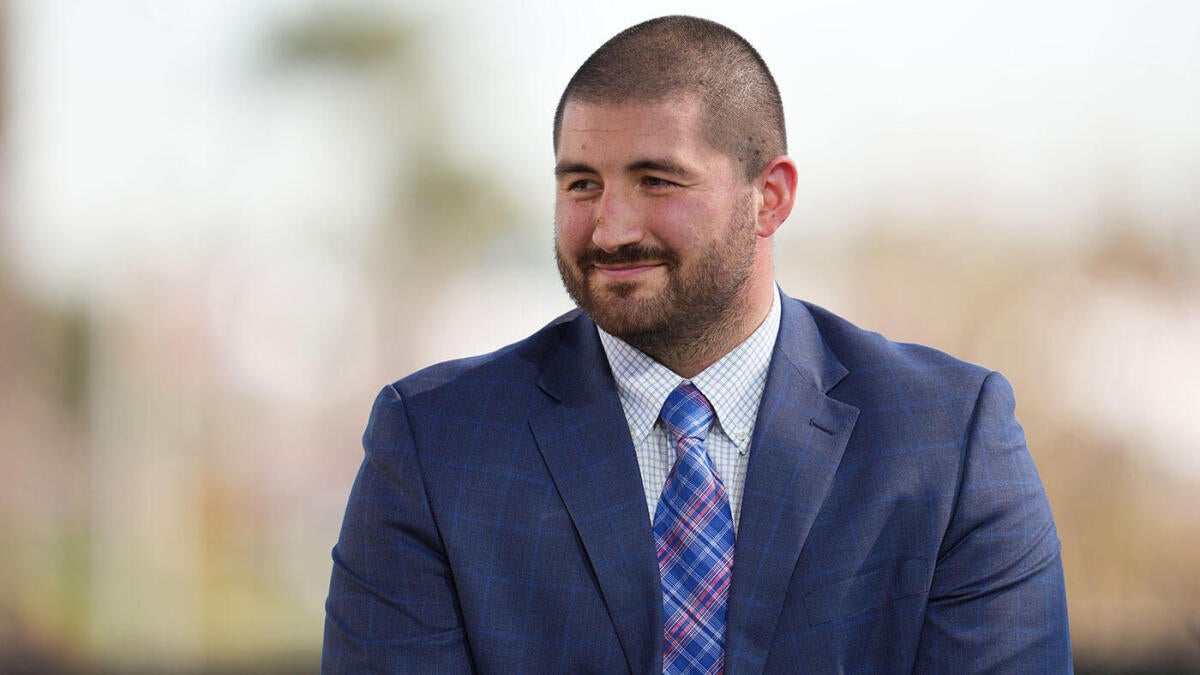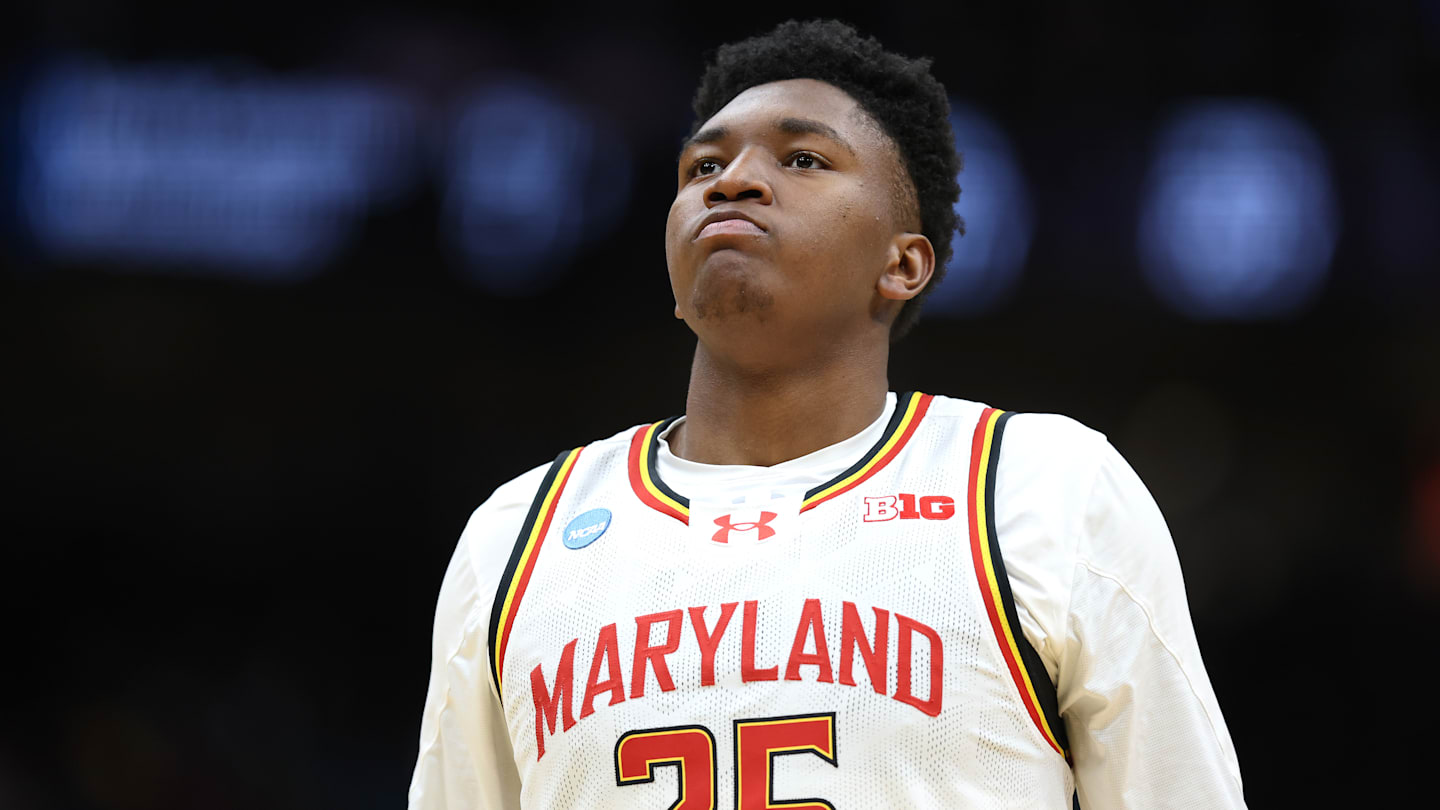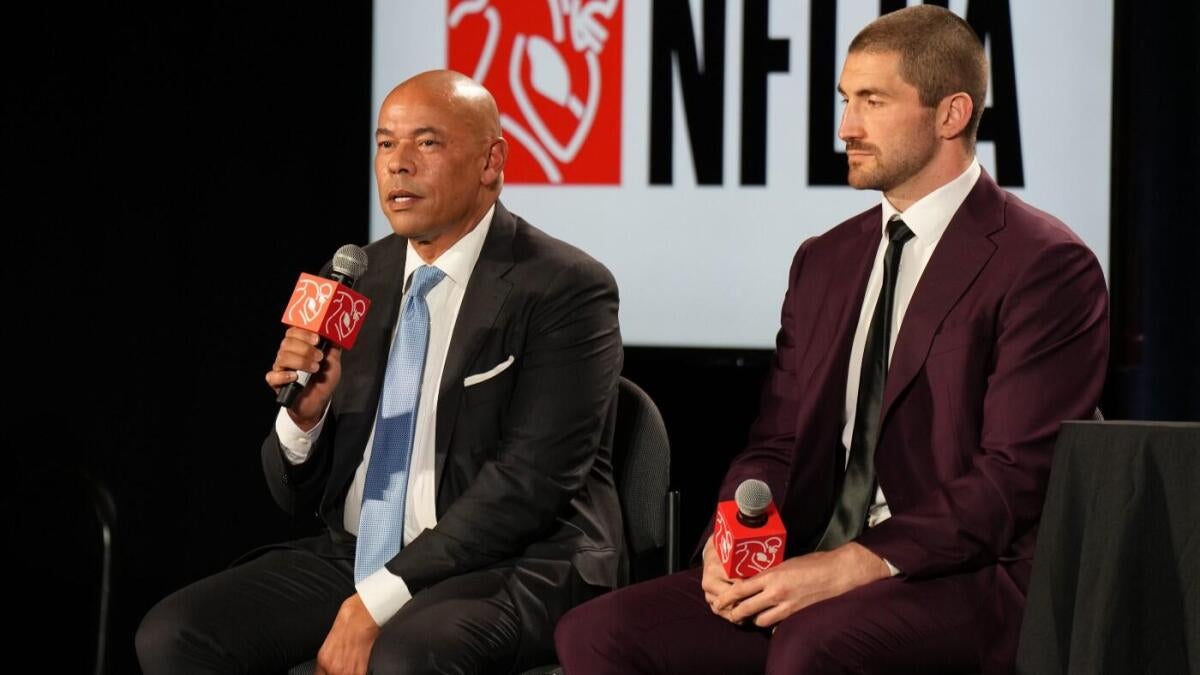
The NFL Players Association is embroiled in staff scandal and turnover, with executive director Lloyd Howell recently resigning amid investigations into past lawsuits, apparent conflicts of interest and questionable expensing practices. Howell’s exit, which came just days after other NFLPA executives defended his leadership, was quickly followed by the surprise resignation of JC Tretter, a potential successor who told CBS Sports lead NFL insider Jonathan Jones he “realized what this place is” over the last six weeks.
It’s a messy situation seemingly made messier by the day. And the mess is underscored by the fact training camps are opening league-wide without an official leader in place for the players’ own union. If Tretter doesn’t want the executive director job, then who does? Former NFL players Don Davis and Zamir Cobb are among early considerations for the NFLPA’s top post, according to Jones, but no matter who ascends to Howell’s former position, there is plenty of wreckage to be cleaned up.
Why, exactly, should NFL fans care about the controversy? And what, specifically, is cause for concern?
Let’s start with the bigger picture: The NFL and NFLPA are in a constant and simultaneous state of collaboration and competition. The two entities work together, but the NFL is powered by commissioner Roger Goodell and individual team owners. The NFLPA, meanwhile, exists to represent the players. Simple enough. Yet large-scale hiccups like this, with NFLPA leadership shuffled in very tumultuous fashion, quietly enables the other side — in this case, NFL owners — to present itself as sturdier and more trustworthy.
This may be too political, too legal, too business-oriented to interest the casual football fan. But the trickle-down effects are felt across the league. We’re still six years away from the NFL and NFLPA needing to negotiate a new collective bargaining agreement (CBA), which essentially outlines all rules and regulations for player work and the league’s structure. But if, for example, the NFL is chugging along as a multi-billion-dollar operation and the NFLPA takes to the bargaining table without firm, cohesive, drama-free leadership, it stands to reason owners will — fair or not — make a stronger push for what they want, such as an expanded regular-season schedule.
Could players still resist? Sure. But if their elected leadership is unsteady or harboring conflicts of interest or simply unproven to the league’s thousands of NFL players, it’ll likely be harder for their perspectives to be presented — let alone received — effectively.
None of this means NFL owners are drama-free. Consider how many teams now operate at least partially thanks to private equity firms, or widespread groups of investors. It’s become increasingly difficult to track exactly which men and women — and whose lucrative dollars — are actually steering franchises’ decisions, even if controlling owners are stated and/or publicly presented as those clubs’ ultimate voices.
Part of the reason the NFLPA is now a wellspring of controversy was also the recent revelation of a confidential collusion case in which NFL owners were accused of encouraging fellow owners to reduce guaranteed money in player contracts after the Cleveland Browns abruptly issued a fully guaranteed deal to quarterback Deshaun Watson in 2022.
These questions of trust in the higher ranks of both organizations won’t necessarily impact the on-field product come September. But the NFLPA’s next steps are worth monitoring: Can the players get a representative who doesn’t keep findings of potential collusion behind closed doors? Who isn’t also working for a consulting firm with ties to potential NFL ownership?
What’s next after NFLPA executive director Lloyd Howell resigns? ‘The men deserve better’
Jonathan Jones
These might seem like low bars to clear, but in the high-stakes back-and-forth of owners and union reps, the NFLPA has clearly struggled to make basic reliability a priority. This dates back to previous executive director DeMaurice Smith, who was reportedly close to being ousted from his post after a polarizing 2020 CBA negotiation, in which the schedule was expanded to 17 games for 2021 and beyond.
Recent reports suggest NFL owners’ next play for more games isn’t likely to come to fruition for another three years or so, but that was before NFLPA leadership imploded, leaving the union without a clear path ahead. Does that mean an 18-game schedule is closer than expected? Does it mean other owner-favored exercises, like the continuation of player-opposed offseason tools like the franchise tag, are even more likely to stick for the long haul? Perhaps. That’s assuming a new NFLPA leader like Davis or Cobb can’t quickly drum up widespread support and rally the troops under a united agenda. Or that NFL owners won’t endure their own crisis of unity in the meantime.
Go to Source
Author: Cody Benjamin
July 21, 2025 | 2:16 pm
